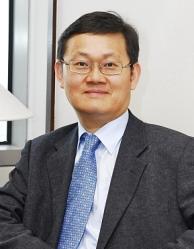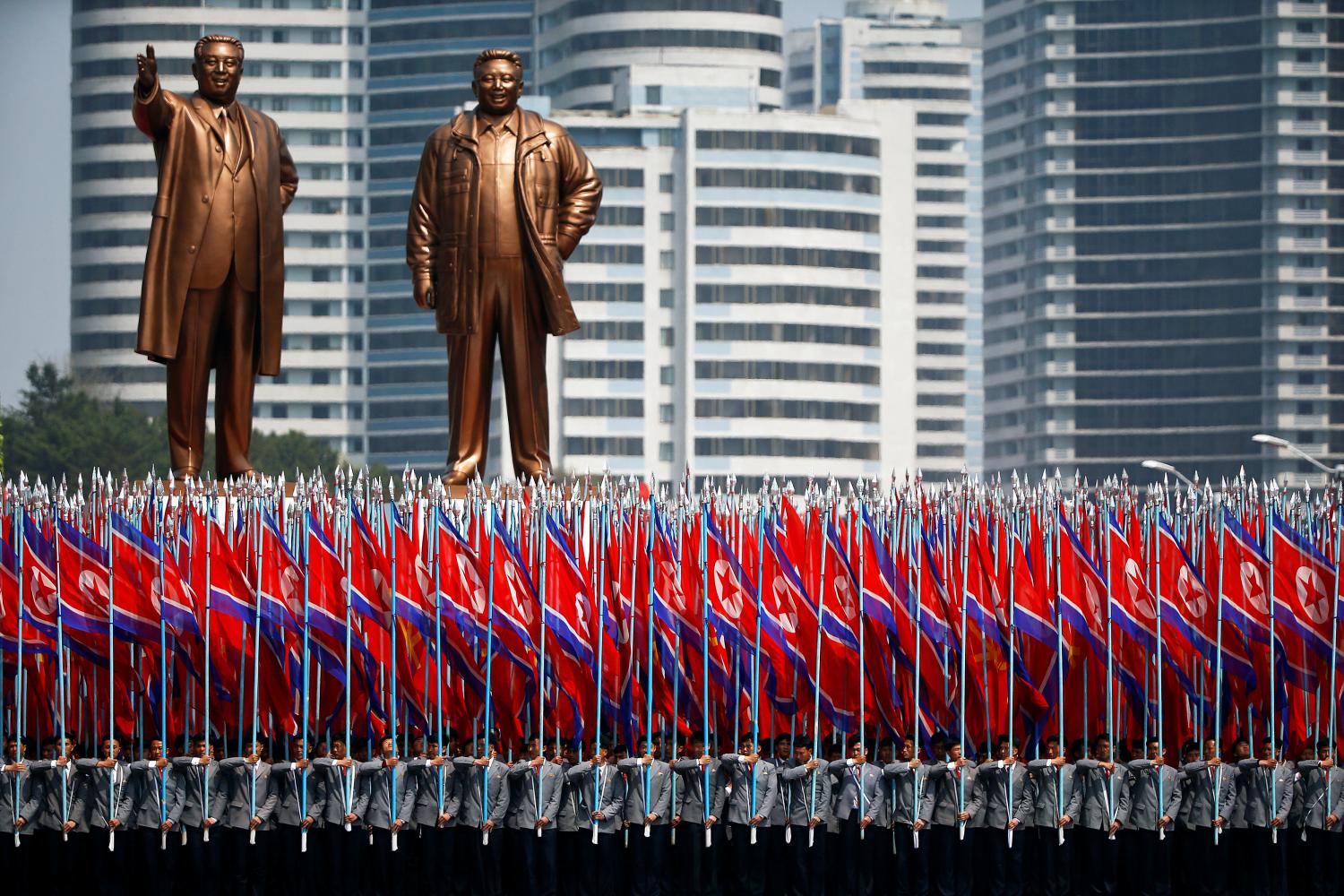There is significant uncertainty and concern about the current situation and prospects in the Korean peninsula. Amid its economic hardship, North Korea launched its nuclear weapons programs and is highly unlikely to denuclearize, at least in the immediate future, despite harsh sanctions by the United States and the United Nations. Looking into the economic and political future of North Korea is highly speculative at this moment.
In “Modelling the economic impacts of Korean unification,” Warwick J. McKibbin of the Crawford School of Public Policy and a nonresident senior fellow at Brookings; Jong Wha Lee, of Korea University; Weifeng Liu, of the Crawford School of Public Policy; and Cheol Jong Song, or Korea University aim to quantitatively assess the impacts of Korean unification on North and South Korea and the rest of the world under three hypothetical scenarios:
- North Korea’s reform and gradual convergence
- North Korea sudden collapse and immediate unification
- Chaos and crises in North and South Korea
 Regardless of the scenarios, Korean unification would have far-reaching political, economic and strategic consequences not only in the two Koreas but in neighboring economies in Asia and the Pacific.
Regardless of the scenarios, Korean unification would have far-reaching political, economic and strategic consequences not only in the two Koreas but in neighboring economies in Asia and the Pacific.
The authors conclude that the relative scale of the two Koreas is very different to the experience of East and West Germany (which they use as a reference) with the relative population difference much more similar in the case of the two Koreas but the differentials in economic activity orders of magnitude bigger than the two Germanys. Despite the small economic spillovers through trade and capital from North to South Korea when simulating migration flows, there are important effects of the reform process on confidence in South Korea and the Korean Peninsula more generally which suggest potentially large costs if the process of unification is not handled well.
The authors did not receive financial support from any firm or person for this article or from any firm or person with a financial or political interest in this article. They are currently not an officer, director, or board member of any organization with an interest in this article.
The Brookings Institution is committed to quality, independence, and impact.
We are supported by a diverse array of funders. In line with our values and policies, each Brookings publication represents the sole views of its author(s).






